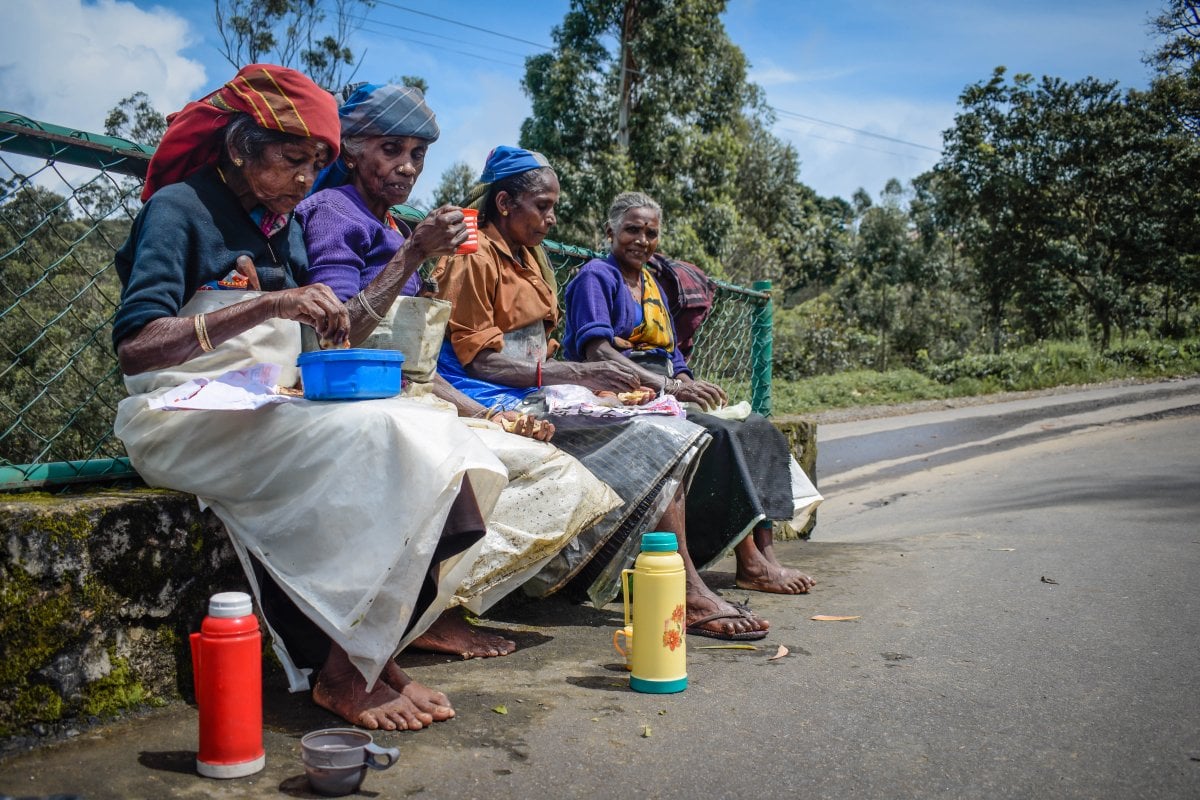Sri Lanka’s upcoming Employment Act is set to bring major changes for plantation workers, focusing on holding plantation companies (RPCs) directly responsible for deplorable working conditions.
“We’re revamping our labour laws to hold all employers accountable, especially in tea estates,” declared Jeevan Thondaman, Sri Lanka’s Minister of Estate Infrastructure Development. His Twitter statement went straight to the heart of the issue: “Why are workers forced to eat on the ground and lack basic facilities? The onus lies with the RPCs.”
“This era of neglect ends now,” declared Minister Jeevan Thondaman. “We’re updating our laws to make all employers accountable, especially in tea estates. If workers live in these deplorable conditions, it’s the companies’ responsibility to fix them.”
He highlighted the “ridiculous situation” where the government was forced to fund basic amenities for employees of these large conglomerates.
The Act aims to dismantle the outdated system granting RPCs immense power over vast areas and the people living there. “These mini-kingdoms have to end,” said Thondaman.
Beyond accountability, the government is also pushing for significant improvements:
Wage hike: President Ranil Wickremesinghe urged companies to agree on a minimum wage of Rs 1,700 by December 31st.
Land rights: Discussions are underway to grant workers land ownership, offering them a tangible stake in their lives and labour.
The new Employment Act marks a turning point for Sri Lanka’s plantation workers. Shifting the burden of responsibility and pushing for better wages and land rights paves the way for a more dignified and secure future for this vital sector.
Photo Credits: Roar Media / Manojnath Sathasivam







